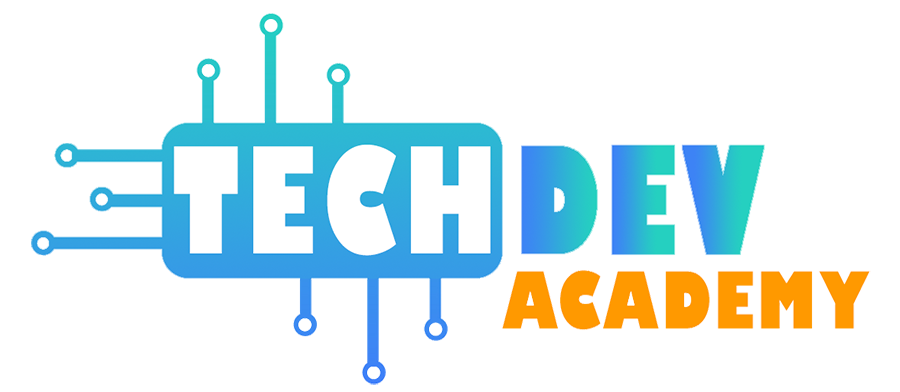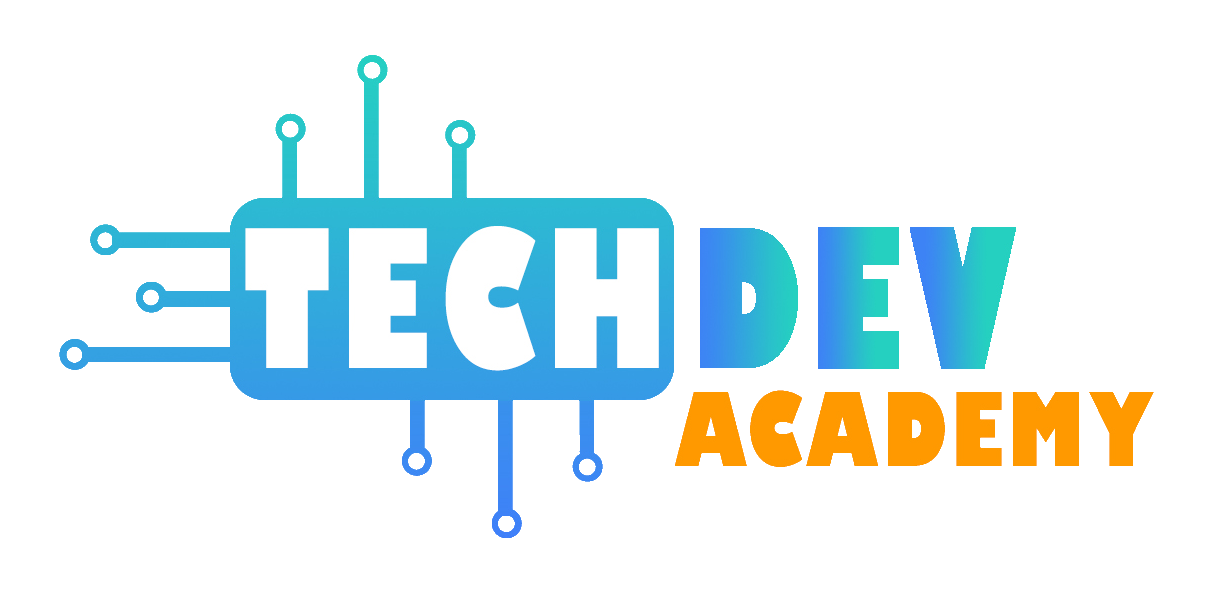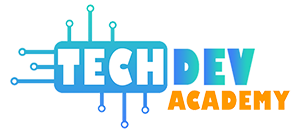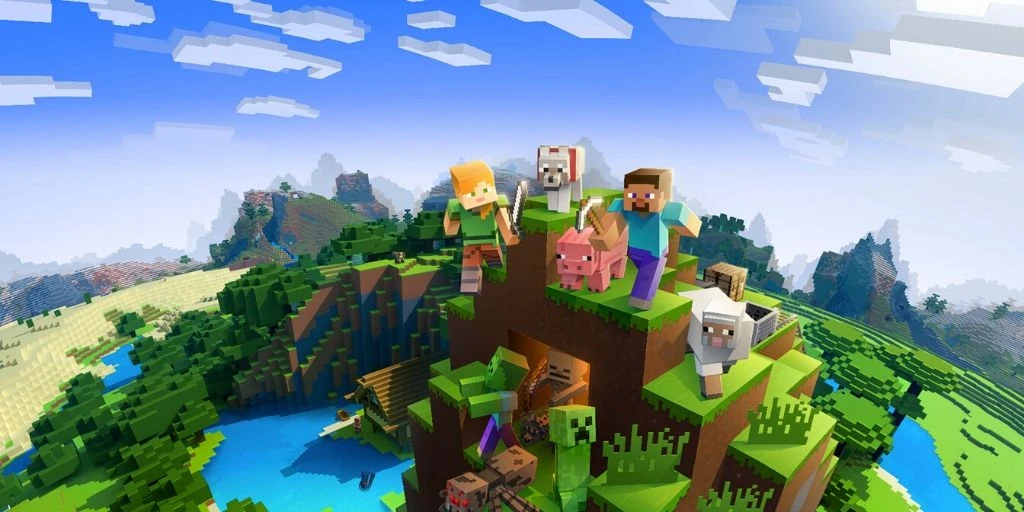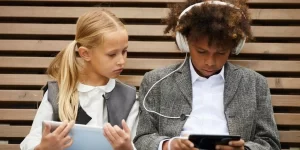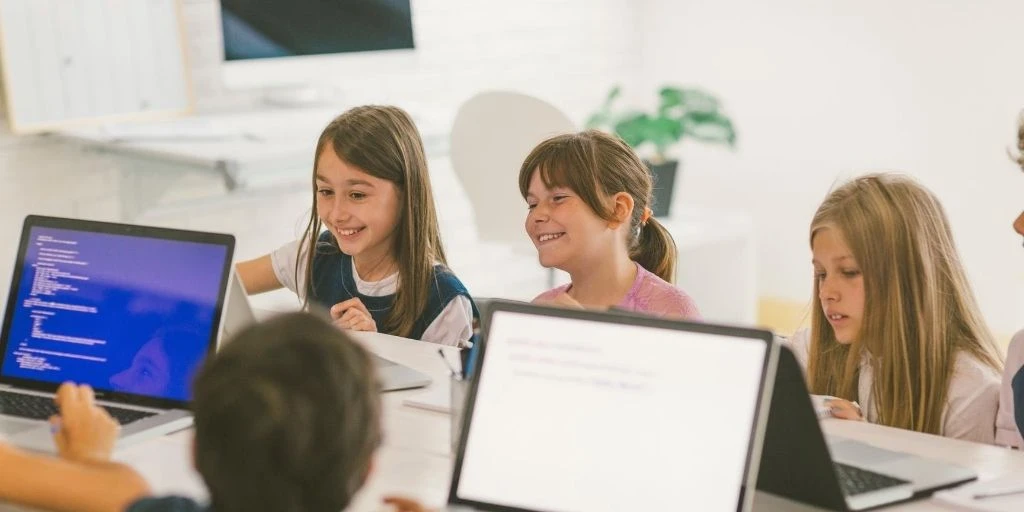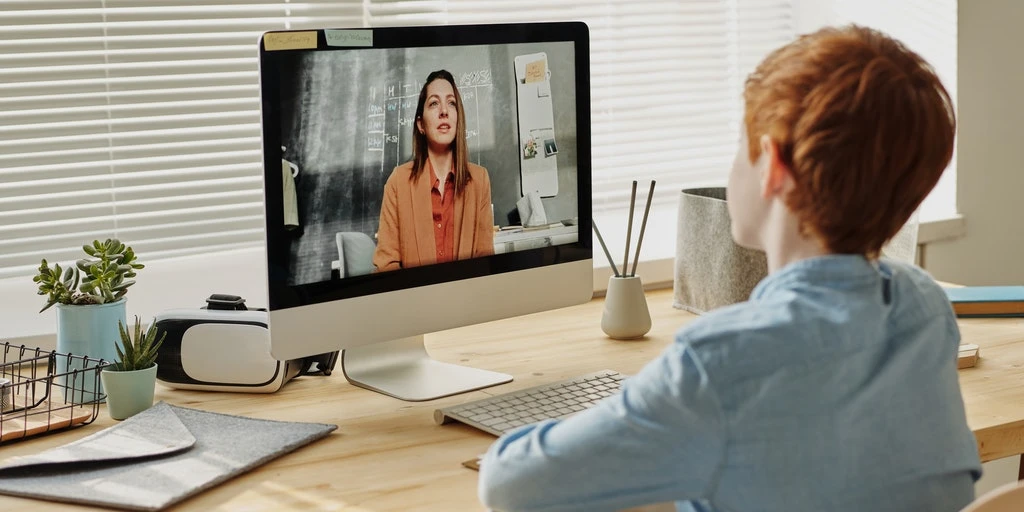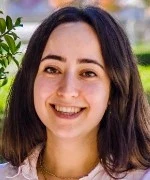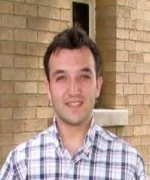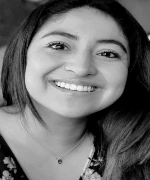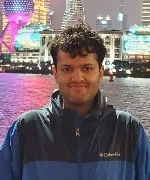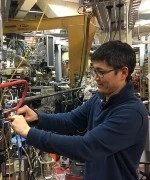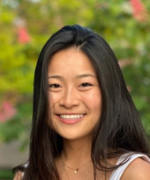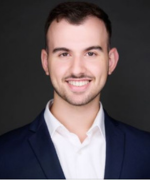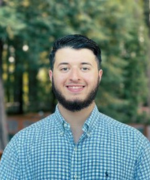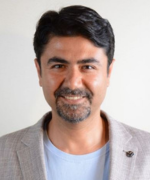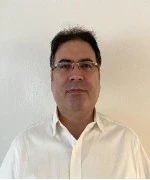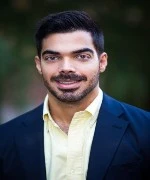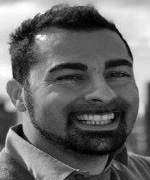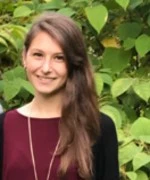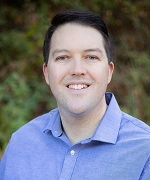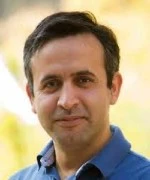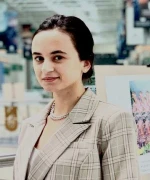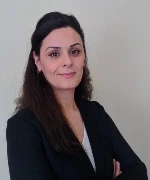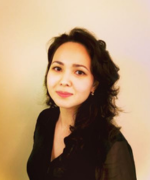Reviewing the Importance of Learning Minecraft for Kids
These days, when millions of kids are staying at home due to the COVID-19 pandemic, parents are becoming increasingly concerned about how to provide guidance to their kids’ education. Many of these parents are taking a cautionary approach when it comes to kids and screen time. While it’s true that numerous digital outlets can negatively affect kids’ lifestyle balance in terms of active and sedentary recreation, not all of them are created equally. Minecraft is one such game that is not only extremely popular but a powerful educational resource as well.
Since a lot of parents still consider Minecraft as just another popular game, we decided to create this post throw some light on its educational aspects to help you and your kid leverage its full potential.
What Is Minecraft?
Created by Markus “Notch” Persson and developed by Mojang Studios, Minecraft is one of the most popular games in the world. This child-friendly game offers a virtual land where players can create their own experiences and worlds with the help of building blocks, their creativity, and resources discovered on the site. It’s important to note that Minecraft’s huge popularity isn’t down to any carefully planned advertising strategy or massive resources. To give you an idea of its popularity – Mojang has recently celebrated 11 years since the initial release of the original Minecraft alpha build. And at this time, Minecraft sales have reached the 200 million mark with around 126 million players per month.
What Makes Minecraft Popular among Kids?
Since its official launch in 2011, Minecraft has grown to a massive community with a large percentage of kids and teenagers. But why do children love playing Minecraft so much? Let’s take a look.
Creativity: The biggest reason is that the game doesn’t come with a stated objective or a set of instructions. Instead, it lets players build and explore the way they want. They can build a new world of fantasy from scratch or recreate an existing one, they can seek adventure and fight villains, and they can play it alone or with friends.
The best trial and error experience: At its core, Minecraft comes with the concept that everything within the fantasy world is made up of individual blocks of materials, most of which can be broken and replaced. There’s no beginners’ level or real tutorial. The player is left up to his/her own devices to figure out the materials that work with each other, as well as, what can be used to create new materials or tools.
No restrictions: In lots of popular games, players need a specific amount of skill to be acquired before they can take up the next challenge. This often becomes frustrating for kids who don’t necessarily have the unrestricted time or abilities required to make progress in a game. But in Minecraft, kids, at any level of play, can create their adventures.
The Benefits of Learning Minecraft
Here are the major advantages kids can gain by learning Minecraft.
- Since Minecraft doesn’t come with things like linear event progressions and strict rules, players can roam through the world and explore. They are free to make mistakes, as well as, succeed, which helps them gain confidence.
- In the game, items are acquired and can be used in various configurations to produce new items. Players need to figure out, for example, the number of blocks of wood that would be required to build all wood items for a home – this helps to improve mathematical skills.
- Kids get to exercise their geometry skills and spatial awareness while creating structures with the help of the blocks. They get to learn things like what would be the best way to stack blocks to make a building structurally sound, what could be done with all the six faces of a cube, among others.
- Learning how to manage resources is another major advantage of playing Minecraft. Once kids become engrossed in the game thoroughly, they start calculating how to manage the resources available to them. It helps them to learn the economics of labor and resources.
In addition to these and many more, the game lets players create their custom Minecraft Mods. A Mod refers to the modification to Minecraft’s source code that generally manifests itself in a new Minecraft feature. When kids watch or get to know about people playing others’ Mods in Minecraft, they get motivated to learn the skills needed to code.
Welcome to the Minecraft: Education Edition
This version of Minecraft is designed specifically for education and it is almost identical to the game played across the globe. What sets the education edition apart is that it comes with tools for educators to create a classroom-like environment. It comes with a host of features – from Classroom Mode, Code Connection, Code Builder, and Chemistry Resource Park to Non-Player Characters, Chalkboards, Special blocks, and premium support, among others – it has got everything educators may ever need to interact with learners. And if you want to see whether kids learning in the game, you can leverage features like cameras and portfolios. These allow learners to take screenshots of their work and document their projects’ development.
It’s rare that a game built for entertainment purposes solely crosses over and becomes widely popular in the field of education. However, Minecraft came out as an exception. It has been used in numerous coding courses to help kids learn real computer programming. The number of children learning to code through Minecraft will only continue to increase. If you want your kid to be a part of that league, simply start trying it today.
